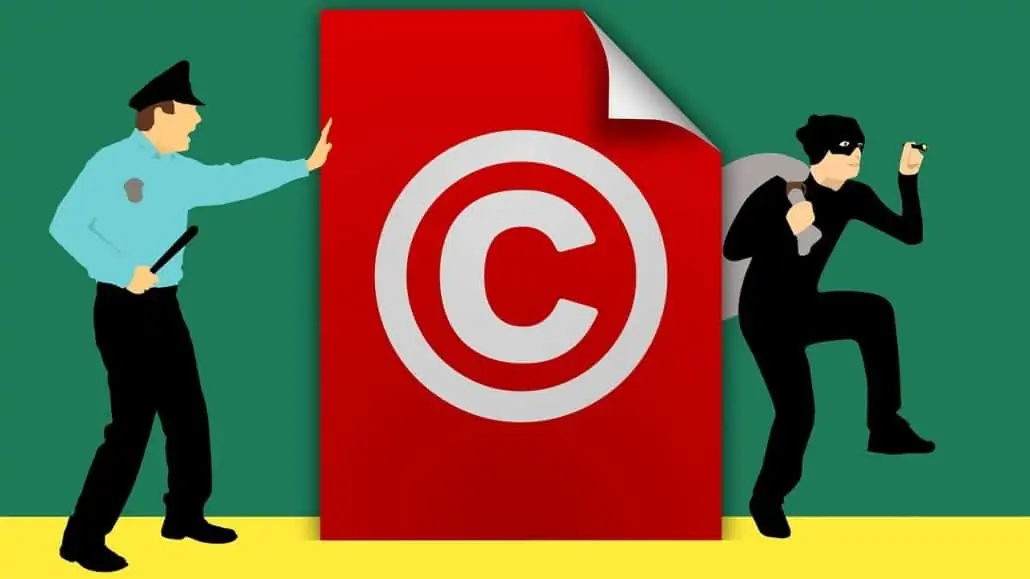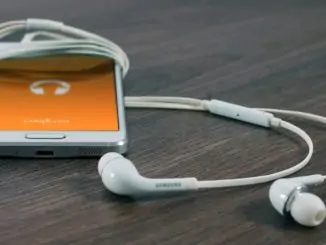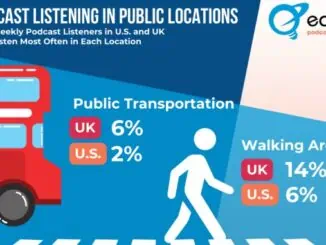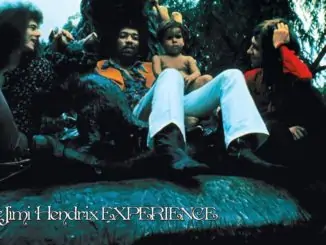
UK music copyright infringement sees a slight decline in 2021 despite a small increase across all content categories according to the Online Copyright Infringement Tracker Survey (11th Wave) conducted by the UK Government’s Intellectual Property Office (IPO). The report is based on a survey of 5000 nationally representative individuals aged 12+ and 50 in-depth interviews of 16+ adults conducted between 21/03/21 and 24/04/21.
This was a time when the UK was in lockdown and consumption (i.e. downloading or streaming/accessing content online) increased across a number of online categories particular the streaming of live sport. The survey found that the overall level of infringement for all content categories (excluding digital visual images) was 25%, which is 2% higher than the previous year but the same as in four of the previous five years.
The proportion who had watched live sports increased by 7% to 15%, which took it back to the levels seen before the pandemic (14% in Wave 9 in 2019). There was also a decrease in the proportion using illegal sources to stream live sport which was fuelled by a 7% drop in those using a mix of legal and illegal sources. Streaming in other content categories increased compared to the previous wave. This was particularly evident in music (+5% to 42%), film (+3% to 45%) and TV (+3% to 44%). Downloading in most categories bounced back from the low levels seen in the previous wave. There were increases for film (+3% to 22%), music (+3% to 26%) and TV (+3% to 19%).
Infringement Levels per category
(Overall infringement level (25%), an increase of 2% from the previous wave.)
Audiobooks, software and film were around, or just below, average infringement levels:
- audiobooks – 24%
- software – 23%
- film – 20%
Music, TV, e-books and video games were notably lower than average infringement levels:
- music -15%
- TV – 14%
- e-books – 14%
- video games – 11%
Infringement among music consumers
51% had engaged with music in the previous 3 months (i.e. either by downloading, streaming, sharing or purchasing physical products). Streaming was the most common method of accessing music, with 42% having done so. Downloading followed at 26%, with fewer having purchased physical forms of music (12%). Streaming saw a +5% increase compared to last year with a smaller increase for downloading (+3%). Physical purchasing remained stable (+1%).
The overall level of infringement (i.e. anyone who had used an illegal source for music in the past three months) remained consistent, from 18% in 2020 to 15% in 2021.
(% difference to 2020)
| Downloaded | Streamed | Downloaded or streamed | ||
| Only legal | 67% (+2%) | 98% (0%) | 85% (+3%) | |
| Mix | 18% (-1%) | 2% (0%) | 13% (-3%) | |
| Only illegal | 15% (0%) | 0% (0%) | 2% (0%) | |
| Only legal | 71% (+8%) | |||
| Mix | 18% (-7%) | |||
| Only illegal | 12% (-1%) | |||
Infringement amongst Audiobook consumers
11% had engaged with audiobooks in the previous 3 months (either by downloading, streaming or sharing audiobooks, or purchasing physical copies). The most common method of access was downloading (8%). This was followed by streaming/accessing online (6%) and then purchasing physical copies (2%). There were only no changes compared to last year in engagement with audiobooks.
The overall level of infringement (i.e. anyone who had used an illegal source for audiobooks in the past three months) experienced an increase, going from 14% in 2020 to 24% in 2021. There was a significant increase in those utilising both only illegal and a mixture of legal and illegal sources. It should be noted that streaming audiobooks via YouTube was included for the first time in this wave and may account for some of this increase.
(% difference to 2020)
| Downloaded or streamed/accessed | |
| Only legal | 76% (-10%) |
| Mix | 12% (+4%) |
| Only illegal | 12% (+6%) |
The survey also produced statistics for the following online categories – Film, TV, Live Sport, Video games, Software, e-Books and Digital magazines and these can be found here.
An interesting shift in attitude was noticed with regard to the impact of COVID-19 on creative industries. In the previous survey there was a general sense from participants that these industries would bounce back with little long-term impact on their finances. One year on, however, with the pandemic ongoing at the time of research, messages about the continued strain on funds and reports of job losses were seen as some of the most impactful messages and caused some participants to reconsider their infringement behaviours.




